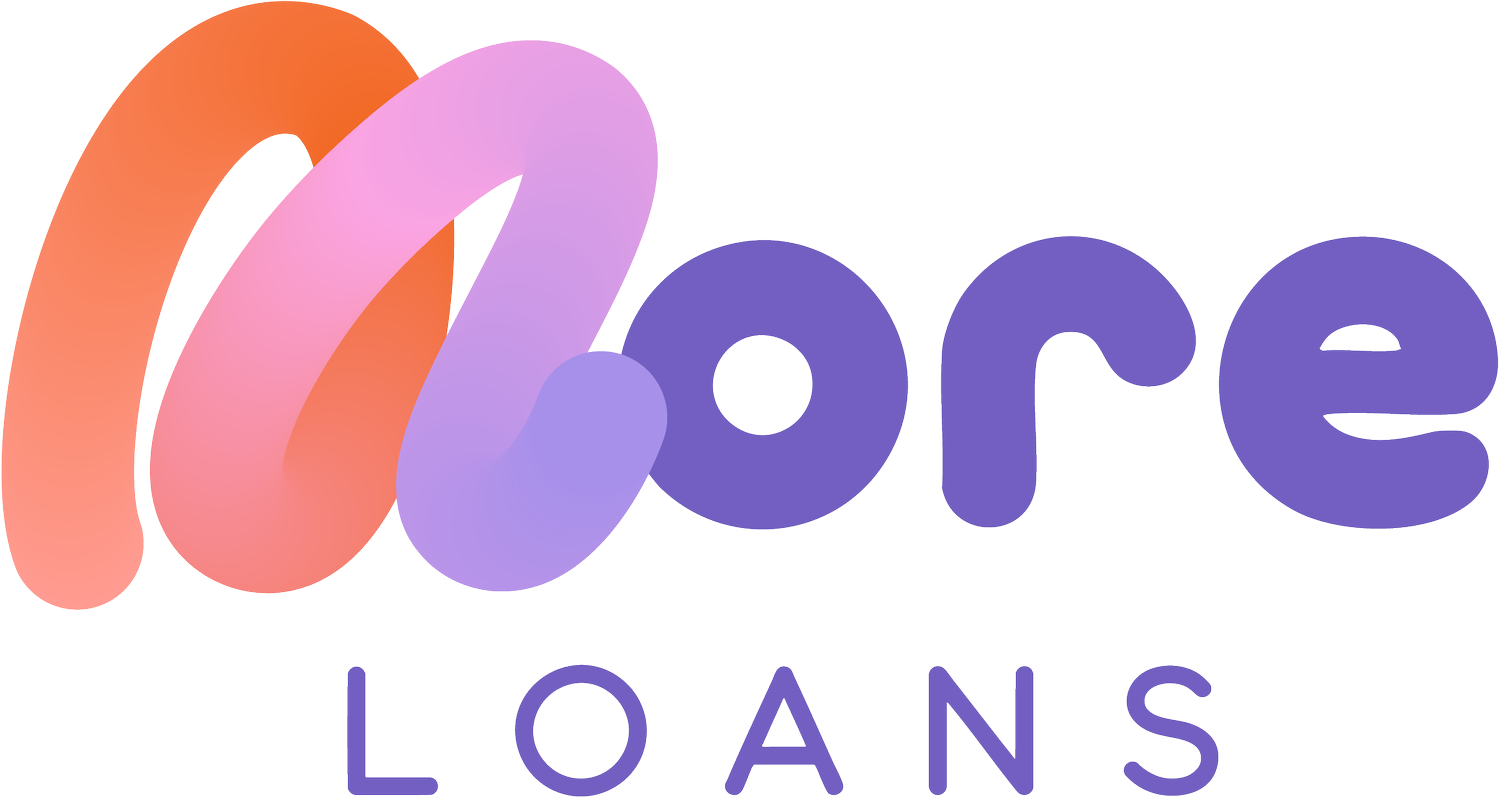What are the hidden costs of buying a home?
Buying a home is an exciting milestone, but beyond the deposit and mortgage repayments, there are several hidden costs that many buyers overlook. Understanding these expenses upfront can help you budget effectively and avoid any unpleasant surprises. Here’s what you need to consider:
Stamp duty
Stamp duty is a government tax applied to property purchases, and the cost varies depending on the state or territory you’re buying in. First-home buyers may be eligible for concessions or exemptions, so be sure to check what applies to you.
Lenders Mortgage Insurance (LMI)
If your deposit is less than 20% of the property’s value, most lenders will require you to pay Lenders Mortgage Insurance. This can add thousands to your loan, but some lenders offer low-deposit options that help reduce this cost.
Conveyancing and legal fees
A conveyancer or solicitor is essential to ensure the legal transfer of property ownership. Fees can range from $800 to $2,500 depending on the complexity of the transaction.
Building and pest inspections
Before finalising a purchase, it’s wise to invest in a building and pest inspection to uncover any structural issues or pest infestations. These reports typically cost between $300 and $800 but can save you from major repair costs in the future.
Home and contents insurance
Most lenders require you to have home insurance in place before settlement. The cost varies based on factors such as location, home value, and coverage level. It’s best to shop around for competitive policies.
Mortgage application and bank fees
Some lenders charge loan application fees, valuation fees, or settlement fees, which can add up to several hundred dollars. These costs will be clarified at the proposal stage.
Moving costs
Whether you’re hiring professional movers or renting a truck, the cost of moving can range from a few hundred to several thousand dollars, depending on the distance and size of your move.
Council rates and strata fees
If you’re buying a house, you’ll need to budget for council rates, which help fund local infrastructure and services. If purchasing an apartment or townhouse, you’ll also have strata fees, which contribute to building maintenance and management.
Utility connections and ongoing costs
Setting up electricity, gas, water, and internet services can come with connection fees. Additionally, ongoing utility bills will be part of your regular expenses.
Repairs and maintenance
Your new home may need minor repairs or updates, such as repainting, new flooring, or plumbing fixes. It’s always a good idea to set aside a buffer for these expenses.
Final thoughts
While buying a home involves more than just the deposit and mortgage, being prepared for these hidden costs ensures a smoother and less stressful experience. At More Loans, we help our clients understand every financial aspect of homeownership, so you can step into your new home with confidence.
